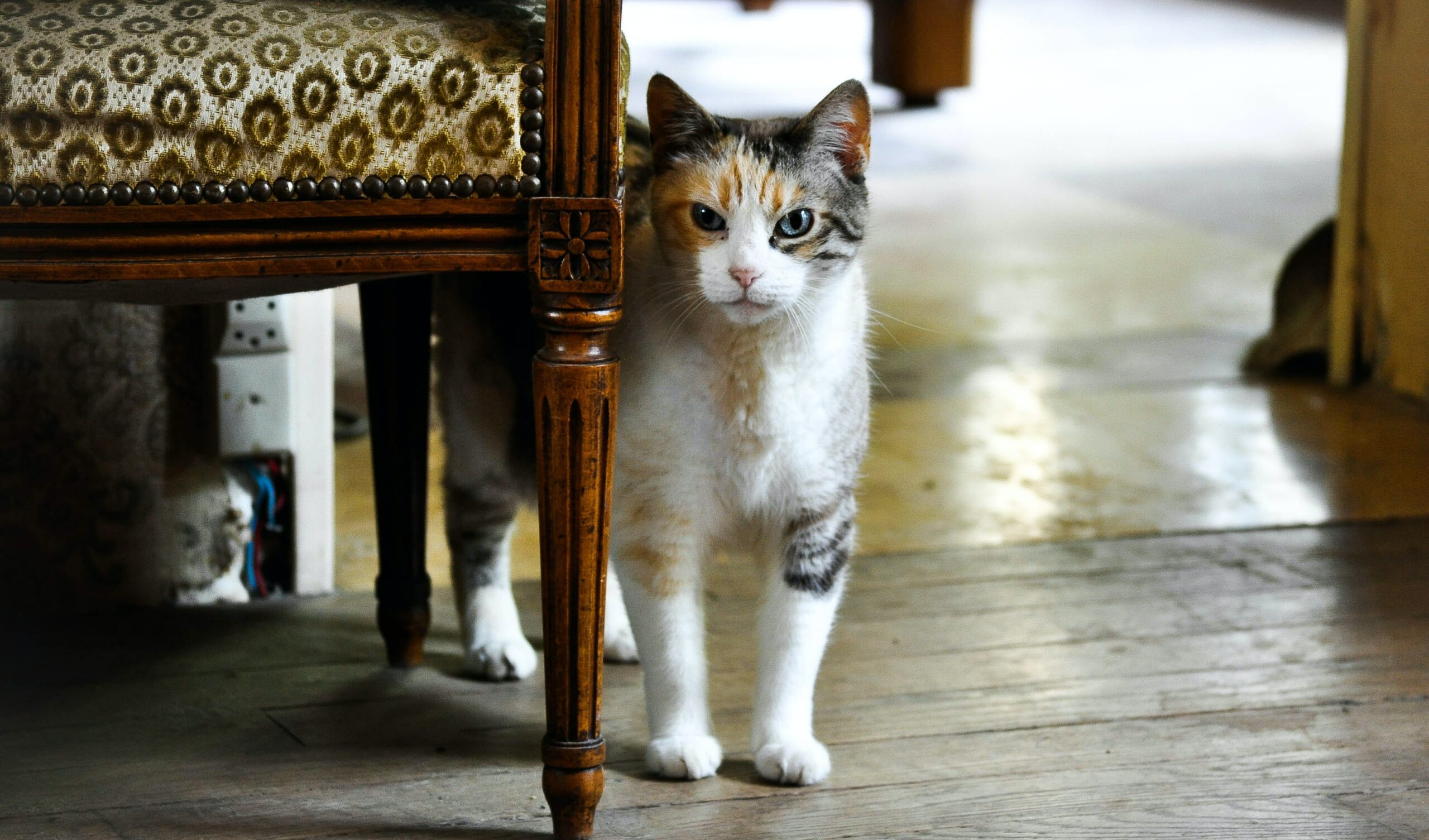Experts say that the average indoor cat can live to be anywhere between 12 to 18 years old. Some indoor cats can even live to be in their early 20s with the right care!
If you own an aging cat, you have probably noticed that their needs have started to change. This can be a difficult transition for a lot of cat owners as your habits have to adapt to what your cat is needing.
There are certain things that you need to do to keep an elderly cat healthy and happy. With just a few small changes, you are ensuring that your cat can enjoy their golden years.
Keep reading to find out how to care for an aging cat and how to better understand their health!
Help With Bathing
As cats age, there are certain things that they are no longer able to do on their own. This can be difficult since cats are very independent by nature and enjoy taking care of themselves.
The majority of cats enjoy frequently grooming themselves to keep their fur nice and tidy. But as cats age, this becomes more and more difficult as they aren’t as flexible as they used to be.
You may notice signs of this if your cat is no longer able to groom their bottom, resulting in a bit of a mess. They may also start to form knots in their hair if they aren’t able to reach certain areas of their body anymore.
The good news is that you do not have to jump right into actually bathing your cat in water. It is much better to give your cat sponge baths with a damp washcloth so that it does not stress them out.
You may need to do this once or twice a week, depending on how dirty they are getting.
Make Necessities Accessible
Cats are very athletic creatures and tend to get into all kinds of places around your home. As they become a bit older, they may start to wind down as they aren’t as flexible as they used to be.
Because of this, you want to make sure everything your cat needs is easily accessible to them. For instance, if your home has two levels, put their food, water, and litter box in the area of the home where they spend the most time.
Avoid putting necessities where your cat has to climb or walk too far to get to them. It is also a good idea to get elevated food and water dishes so that your cat doesn’t have to crouch down.
Have Regular Vet Visits
A lot of cat owners tend to skimp when it comes to vet visits for their cats. This is because cats are highly independent, and with the right care, they are usually very healthy.
If your cat is on the older side, however, you need to make sure you are prioritizing vet visits. For elderly cats, it is a good idea to have at least two vet visits every year to check up on their health.
This is a preventative step that helps you catch on to health issues before they progress.
Adapt Their Diet
Elderly cats usually develop different dietary needs that may be a bit different than what you are used to. Their digestive system works a little differently, and they may develop sensitivities to different foods.
You may need to switch your cat to a raw food diet or a diet free of grains. This is something you should discuss with their vet, as they will have the best recommendations according to your cat’s health.
It is also very important to make sure you are encouraging your cat to drink as much as possible. Elderly cats are more susceptible to UTIs, especially if they are on a diet of dry food!
Focus on Any Changes
When it comes to our pets, it can be hard to identify when something isn’t right with their health. After all, your cat can’t come up to you to tell you if they aren’t feeling well!
That is why it is important to keep an eye on your cat to identify any unusual behaviors or changes in their health. For instance, you may notice that your cat is going to the litter box more frequently, but there isn’t as much in it.
This could indicate that your cat is struggling with constipation and may need medication. Or you may notice your cat excessively licking their paws, which could be a sign that they are in pain.
Create More Comfort
Animals tend to slow down as they get older, just the way we humans do. Your aging cat will most likely become less active and will start to nap for the majority of the day.
It is important that you create a comfortable environment for your elderly cat where they can rest and recharge. Make sure there are plenty of places for them to sleep with soft blankets where they will stay warm and cozy.
Make sure these areas are accessible so they don’t have to jump or climb any stairs. It is also a good idea to try to maintain a quiet environment so that they are not stressed out or disturbed.
Conclusion
As a pet owner, one of the most difficult things to go through is watching your pet get older. But this does not have to be a sad process, as it is an honor to get to take care of your pet in their golden years.
With just a few lifestyle changes, you can drastically improve your senior cat’s quality of life. Not only is it going to make them happier, it can also lengthen their lifespan so that you get to enjoy their company a little longer.
Do you want to learn more about taking care of senior pets? Contact us today for more information regarding pet care and the best products for your aging cat!



